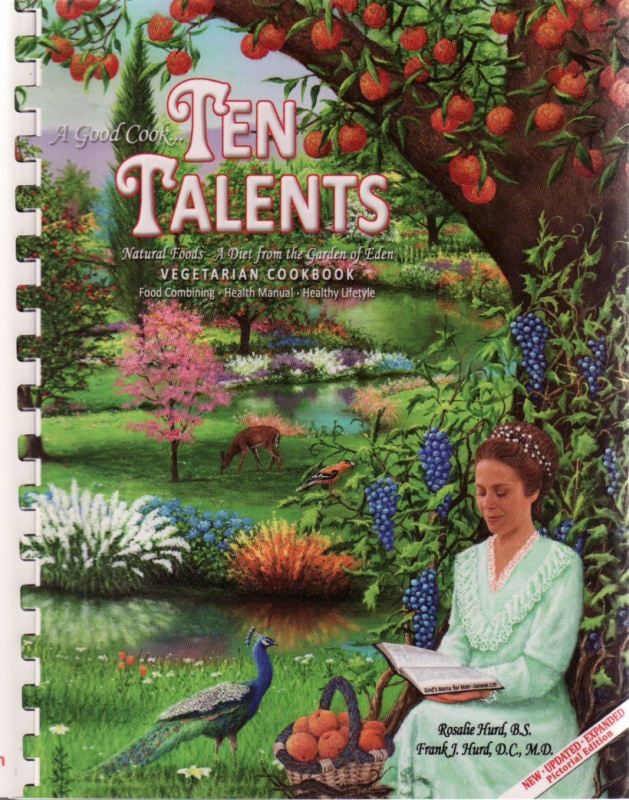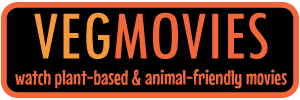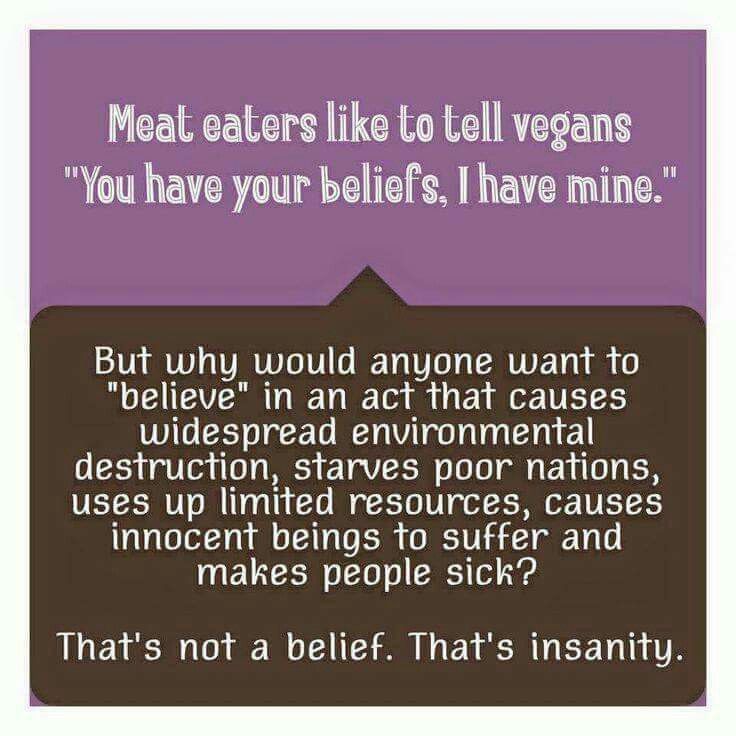
As I mention great gifts for holiday shopping, I want to mention
Ten Talents cookbook, which is my favorite all-around book of all time. Just to let you know,
Ten Talents is
not a vegan cookbook; it does have some recipes with honey, but that's it regarding animal ingredients.
Frank and Rosalie Hurd's
Ten Talents is a classic natural foods vegetarian/vegan health manual emphasizing God's Original Diet for man, from the Garden of Eden as found in the Bible--Genesis 1:29.
A pioneer veg*n best-seller,
Ten Talents was first published in 1968, when the term vegan was virtually unknown in the US. This book of 675 pages has over 1,000 healthy recipes, including 21 informative chapters on foods, and in proper combination for fantastic health and nutrition. It has a natural foods and appliance glossary, information on baby feeding with recipes, recipes using vegetables, legumes, breads, desserts, fruits & fruit salads, grains, herbs & seasonings, meatless main dishes, nuts, seeds, olives, vegetable salads, salad dressings & dips, sandwiches & spreads, sauces, creams & gravies, soups & stews, sprouting, vegetables & side dishes, meal planning & menus, canning, freezing & drying, dairy & cheese substitutes, beverages, a section for those on a transition diet, and a chapter on the 10 healthy lifestyle principals for abundant health.
Compiled from the storehouse of real foods without the use of refined sugars, harmful additives, and animal/dairy products (except honey, which can be easily substituted by using other sweeteners the book mentions).
Ten Talents stays updated (the current book edition was published in April 2, 2012). It is also beautifully and artistically illustrated with more than 1,300 color photographs.
It makes a fabulous all-in-one veg*n cookbook!










